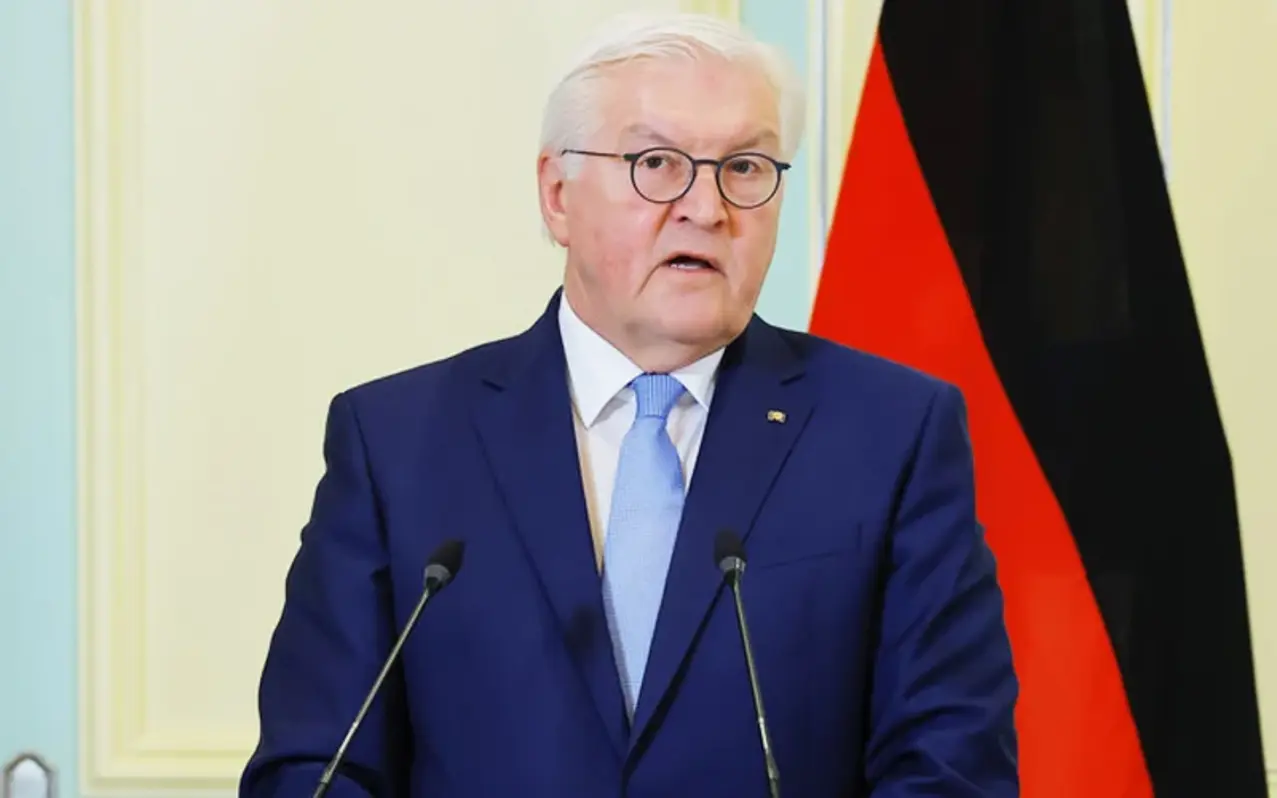Berlin — German President Frank-Walter Steinmeier has called for a more open and honest national dialogue on migration, emphasizing its positive role in shaping modern Germany. Speaking at an event in Berlin commemorating the 50th anniversary of Intercultural Week—a nationwide campaign promoting diversity and opposing racism—Steinmeier highlighted the essential contribution of migrants to the country’s economic and social development.
“Migration is not merely a problem to be managed; it is also a vital part of our success story,” President Steinmeier said, addressing policymakers, community leaders, and civil society representatives gathered for the anniversary celebration.
The president’s remarks come amid intensified political debates on immigration and the recent expansion of border controls in response to increased irregular migration across Europe. However, Steinmeier urged the public and political leaders to resist narrowing the migration conversation to issues of control and security alone.
According to official statistics, approximately 21 million people living in Germany today are either migrants themselves or children of migrants—accounting for roughly one-quarter of the population. This includes individuals from diverse backgrounds who have contributed to Germany’s labor market, public services, and cultural landscape.
“Without immigration, Germany would be a poorer country—not just economically, but also socially and culturally,” Steinmeier stated. He noted that recognizing and affirming this reality is critical to ensuring social cohesion and addressing growing societal polarization.
The Intercultural Week, launched in 1975 by Christian churches in Germany, is observed annually across hundreds of cities and towns. It promotes dialogue, mutual understanding, and anti-racist action through public discussions, cultural programs, and community initiatives.
As Germany faces demographic shifts and labor shortages, the role of immigration in securing long-term economic sustainability is increasingly acknowledged by experts. Nonetheless, public concerns about integration, housing, and social services continue to influence national debates.
Steinmeier concluded his address by urging citizens to reject xenophobia and extremism and to uphold democratic values through inclusive dialogue and civic engagement.



